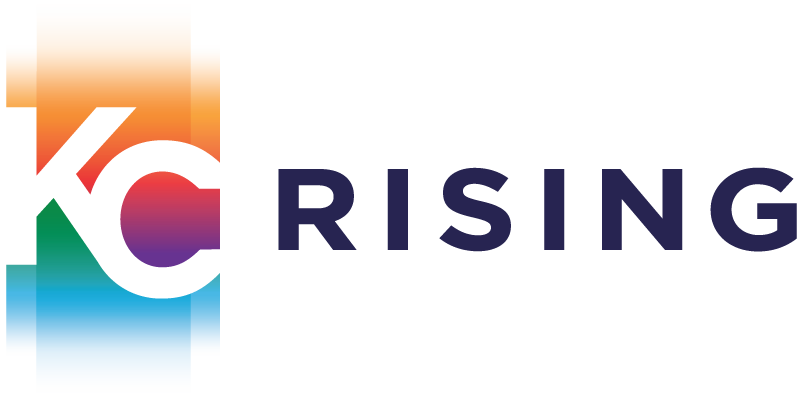The Human Capital Work Group has recently received presentations on three key pieces of research necessary to inform the group’s ongoing planning and focus:
- Regional higher education capacity research performed by the Council for Adult and Experiential Learning (CAEL). This research provides an in-depth dive into the capacity of our regional higher educational institutions to produce graduates (at all levels) in five sector areas. CAEL’s expertise was made available to the GradForceKC partnership through the Lumina Foundation grant, which is focused on raising post-secondary attainment across the nation.
- Current/future demand for jobs in the targeted sectors and specific competencies needed for those high demand jobs.
- Talent Strategies Inventory being assembled by KC Rising staff will help identify workforce development and educational programs and initiatives that are already underway in the region and could be leveraged.
The Work Group has divided its ongoing work into six task force teams:
- Data/Metrics – develop economic measures for Human Capital “success” that will feed into the overall KC Rising economic metrics. Once the Human Capital strategies are defined, this Team will also work on developing metrics for each of those specific strategies. This team will be working in close collaboration with the Metro Analytics Team, which supports the overall KC Rising effort on research, data and metrics.
- Post-Secondary Attainment – identify or develop strategies to increase post-secondary attainment in the region, specifically increasing attainment among minority, poor and first-generation college students, as well as among adults with some college but no degree. This team will be a joint team with GradForceKC.
- Talent Attraction/Retention – identify or develop strategies to better attract and retain the talent needed in KC Rising’s focus areas. This team will work in close collaboration with the KCADC and its talent attraction/retention team, TeamKC: Life + Talent.
- STEM/Life Sciences – identify or develop strategies to increase attainment at all levels (credentials, AA and Bachelor degrees, advanced degrees) to serve not only our growing life sciences sector, but also the technology and architectural/engineering sectors that rely so heavily on a deeply STEM-educated workforce. This team will be a joint team with the Kansas City Area Life Sciences Institute, which is currently undergoing its own strategic planning efforts.
- Common Sector Competencies – identify competencies common to KC Rising’s focus areas to determine if there are strategies for developing those competencies in the workforce that will cut across all areas. This team will be a joint team with GradForceKC.
- Pilot Project – identify and select 1-2 human capital projects around which there already exists strong consensus in the community and which could quickly be developed and launched, even while the planning efforts for KC Rising are being completed over the next few months. This team will also be a joint team with GradForceKC.
Some early ideas and findings were reported at the most recent Steering Committee meeting. These include:
- Data and Metrics have focused their data collection into two tiers: overall economic measures of a productive workforce and more strategic metrics focused on measurable activities.
- Talent Attraction/Retention is working to develop strategies around the retention of talent in age group cohorts that are migrating out of our region.
- STEM/Life Sciences has identified a need for producing STEM graduates who have an understanding of the industrial/commercial side of science, rather than only producing “ready to research” talent.
- Post-Secondary Attainment is doing further research into best practices on re-engaging the 300,000 adults in our region who have some college but no degree.
Next steps for the Human Capital Work Group:
- Development of action plans and strategies.
- Become more literate on what’s already happening in the region.
- Learn more about national models for increasing experiential and accelerated learning opportunities and about best practices around industry and educational alignment.
